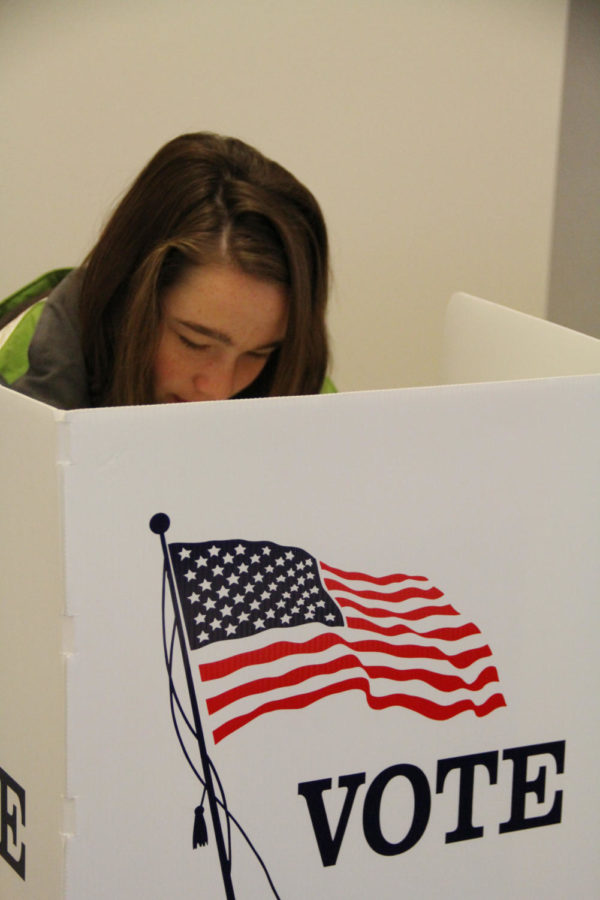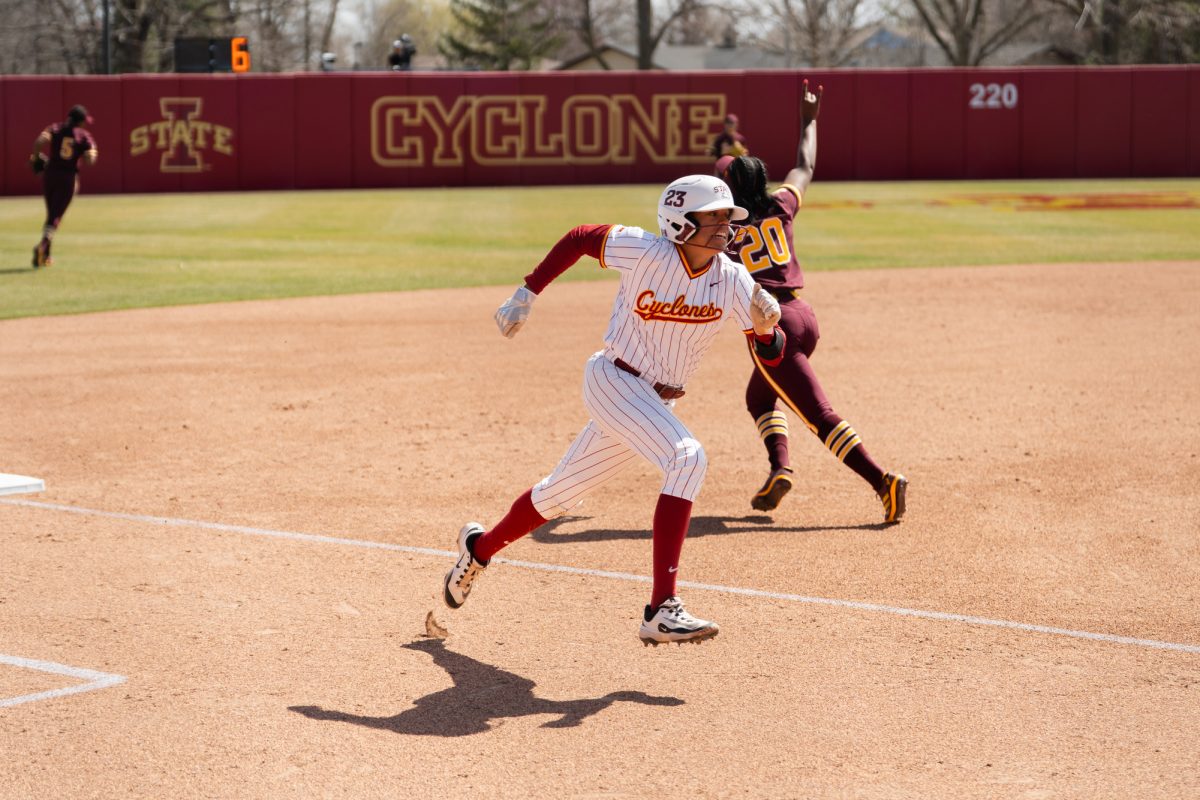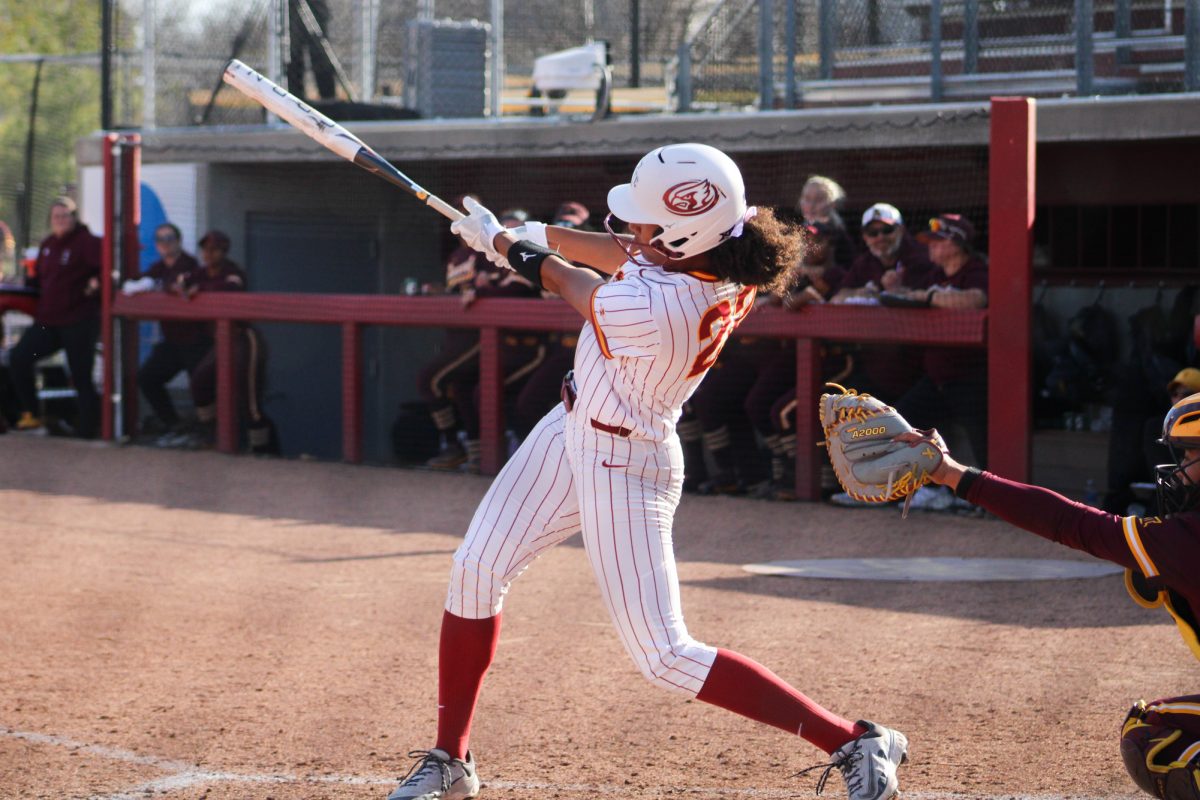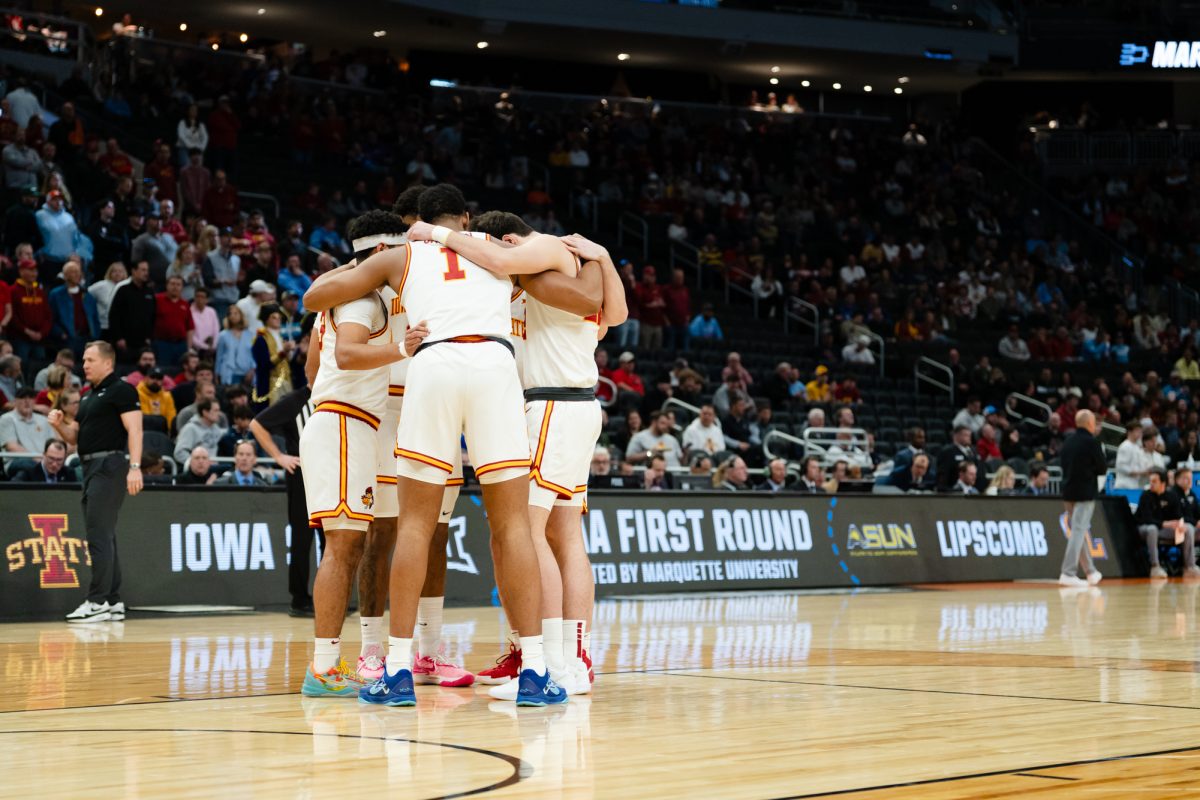First-time voters differ in presidential choices, share belief in importance of voting
November 6, 2012
First-time voters at polling locations across the ISU campus on Election Day varied in which presidential candidate they voted for, but many believed in the importance of exercising their right to vote.
“I never questioned voting,” said Tucker Hays, sophomore in computer science and first-time voter. “It’s one of the most important things to do. To me, voting doesn’t seem like just a right — it’s a privilege.”
Hays said he voted for President Barack Obama at the Union Drive Community Center polling location Tuesday morning. He explained how he and his mother met Obama before the candidate became an Illinois senator.
“My mom said: ‘This man is going to be president one day,’” Hays said. “Then, in 2008, she kind of rubbed it in everyone’s faces because it became true.”
Hays said voting is a way for him to join his family members in their politically-active lifestyles. He also urged other young people to vote.
According to the Center for Information and Research on Civic Learning and Engagement, 46 million people ages 18 to 29 — 21 percent of the U.S. population — are eligible to vote.
The center reported youth voter turnout increased 2 percentage points, to 51 percent, in 2008 compared to the 2004 presidential election, which was still lower than the turnout of people older than 30.
Jared Gent, freshman in agricultural studies, voted for the first time Tuesday morning. He said he believes it is his duty to vote.
“You have it set up so that everybody gets a say on what the United States does,” Gent said. “If we don’t take advantage of it, if we do not vote, it can be taken away.”
Gent, a Romney supporter from a Republican family, said agricultural and economic issues were major reasons why he voted for Romney. He described how he researched both candidates before making his decision, and encouraged other young voters to do the same.
Kayla Krull, freshman in business and another first-time voter, also said she believes people should be informed on candidates before they vote in elections. She said if people vote without knowing about the candidates, they are just voting to vote.
Krull also argued people who do not vote should not complain about the state of the country in the next four years.
“If you end up not getting your elected official, at least you went out and did something about it instead of just complaining, ‘Oh, this person is awful,’” Krull said.
Although she said she did not want to announce who she voted for, Krull did say she was conflicted on who to vote for because each candidate appealed to her in different ways.
“I felt like for one thing, one candidate would be right, and for another thing, the other person would be right,” Krull said. “It was just hard to narrow it down to ultimately the thing that is most important.”
Instead of voting for Obama or Romney, Tim Dwyer, freshman in engineering, decided to choose a third-party candidate, Libertarian Gary Johnson, for his first-time voting experience. He said he believes people should be able to choose for themselves, instead of the government choosing for them.
Dwyer said he knows Johnson will not win and he will be dissatisfied with both Romney’s and Obama’s presidency. However, he said he is still glad he voted.
Dwyer said: “I just wanted to get my voice out there.”







